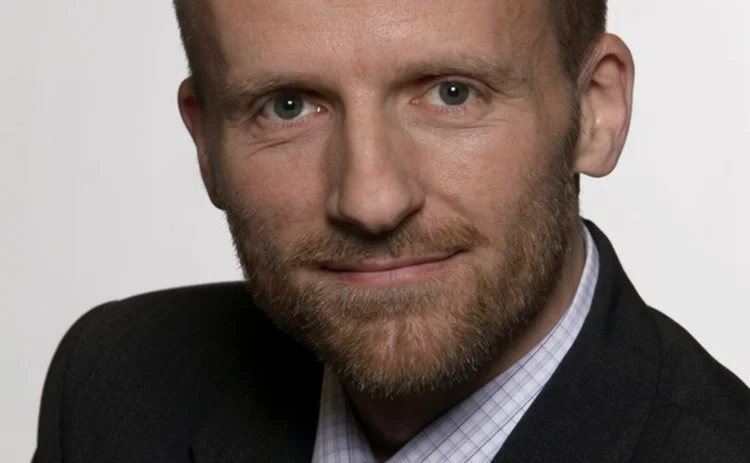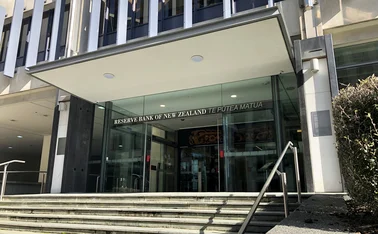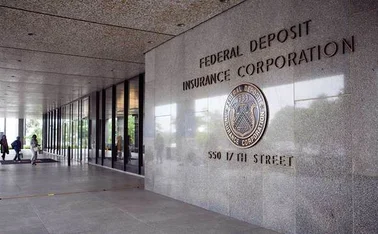
Use of behavioural finance will not stop next crisis, says CNB adviser

Retail customers, financial managers, traders, regulators, politicians and others have all received criticism for bad decision-making during the latest financial crisis. This has led some commentators to suggest a tool that can and should be used to prevent future crises is behavioral economics, or the application of psychological findings to economic phenomena.
They propose two areas where the use of this discipline, which straddles psychology and economics, could help resolve future crises. The first is in the management of commercial entities and the second involves the models used by supervisors in their forecasting.
In the first instance, mid-level and senior managers at banks, mutual funds and other financial institutions could learn more about the shortcuts the human mind often takes, consciously or not, and use this information to modify the flows of information and structure of incentives used in their businesses. This could result, for example, in loan officers providing fewer bad mortgages and traders succumbing less often to herd behaviour. If the managers failed in this task, financial market regulators could become familiar with the behavioural economic findings and enforce the appropriate measures – needless-to-say, this train of thought faces the oft-cited doubts about the ability of regulation to overcome and ‘correct' spontaneous market tendencies.
Second, economists in central banks and ministries of finance could take a new look at the models they use for analysis and forecasting, and make these models more realistic by enriching them with behavioural economic insights.
Flawed assumptions
It is true that much of the psychological evidence on decision-making collected until the 1980s – when economists started taking a serious interest in the subject – indicated that people sometimes deviate blatantly from the rational ideal assumed in economics. However, economists and some critically minded psychologists gradually learned that large chunks of this evidence were collected in dubious ways, such as giving the subjects very weak incentives to do their best.
it will not be easy to meet the calls for such knowledge to be applied in bank management, financial market regulation and macroeconomic forecasting
Since then, behavioral economists – including many psychologists by training – have rerun some of the suspect experiments that originally indicated the presence of strong and systematic biases. The result was that a given bias re-emerged only under certain circumstances or was rather weak. In some cases, a small change in circumstances produced the opposite bias. In short, human thinking appears very sensitive to small changes in a situation.
We should not then be surprised that, for instance, research published recently in the Journal of Index Investing, finds mutual funds that use aspects of behavioural economics unable to clearly outperform the relevant benchmarks.
Too subtle
Perhaps one day behavioural economic researchers will succeed in learning all the subtleties, variants and determinants of all the major psychological biases. But even then, it will not be easy to meet the calls for such knowledge to be applied in bank management, financial market regulation and macroeconomic forecasting. The problem is that knowledge of human failings is just one of many inputs and constraints practitioners need to take into account. And the complex conditionality of the psychological input may imply that costs of taking it into account will exceed its benefits.
As an example, take the models used by a typical central bank to forecast the economy and formulate monetary policy. These models do tend to work with a handful of ‘psychologically flavoured' effects such as habits in household consumption or partially simplified expectation formation. These effects are used, however, in a very simplistic fashion so as not to make the model overly complicated. And they are used not to achieve maximum psychological veracity but rather to improve the models' fit to broad macroeconomic trends.
Successful application of behavioural economics has emerged, however, in helping employees enhance their pension saving, for example. In the future, more practically useful guidance may emerge in areas such as microfinance, insurance or marketing. But as regards specifically the prevention of financial crises, the scope for behavioral economic applications seems rather narrow.
Michal Skořepa is an adviser to the Czech National Bank, president of the Czech Economic Society and author of ‘Decision Making: A Behavioral Economic Approach'
Only users who have a paid subscription or are part of a corporate subscription are able to print or copy content.
To access these options, along with all other subscription benefits, please contact info@centralbanking.com or view our subscription options here: www.centralbanking.com/subscriptions
You are currently unable to print this content. Please contact info@centralbanking.com to find out more.
You are currently unable to copy this content. Please contact info@centralbanking.com to find out more.
Copyright Infopro Digital Limited. All rights reserved.
As outlined in our terms and conditions, https://www.infopro-digital.com/terms-and-conditions/subscriptions/ (point 2.4), printing is limited to a single copy.
If you would like to purchase additional rights please email info@centralbanking.com
Copyright Infopro Digital Limited. All rights reserved.
You may share this content using our article tools. As outlined in our terms and conditions, https://www.infopro-digital.com/terms-and-conditions/subscriptions/ (clause 2.4), an Authorised User may only make one copy of the materials for their own personal use. You must also comply with the restrictions in clause 2.5.
If you would like to purchase additional rights please email info@centralbanking.com








